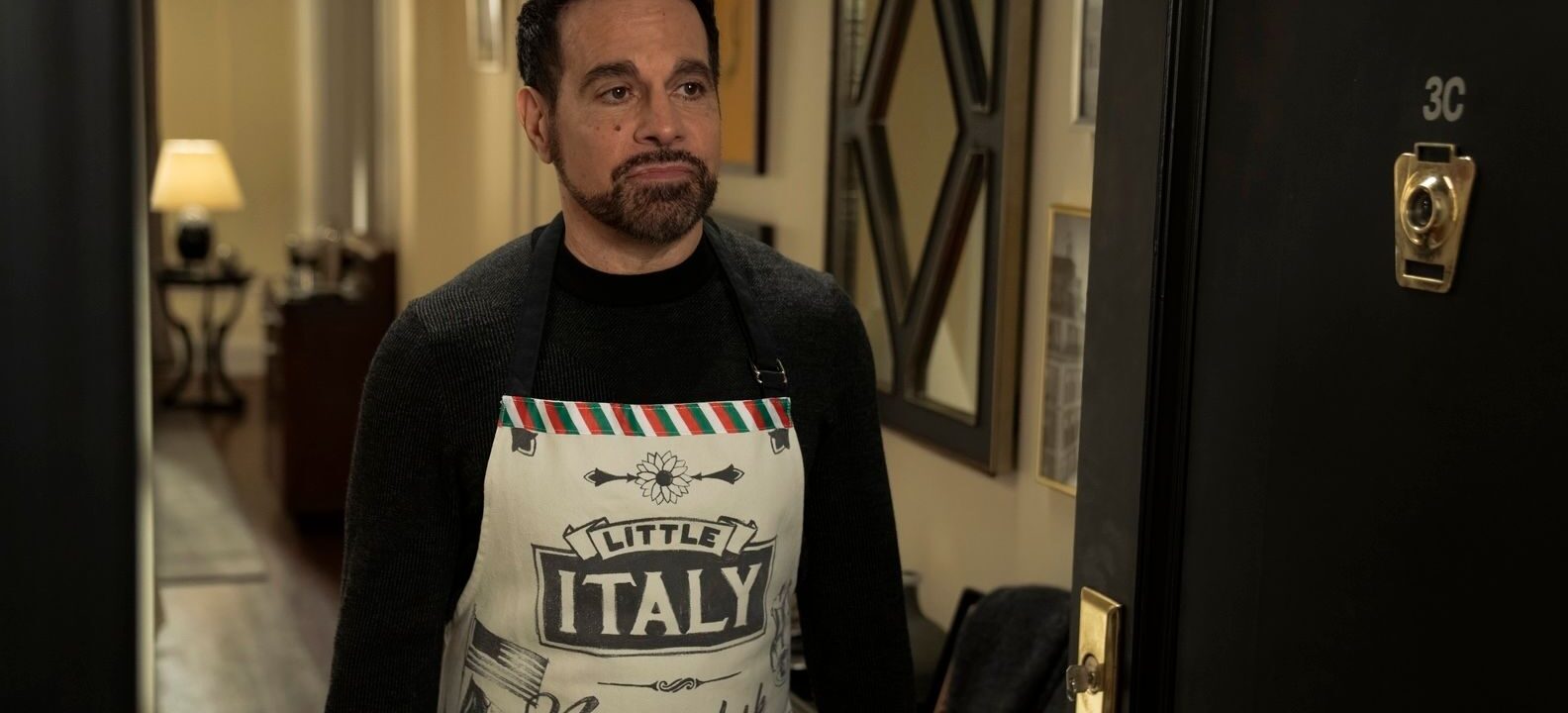There’s a certain type of humor that really grates on me—mainly because it’s not actually funny, and unfunny things are always awkward to watch. You could call it “boomer humor,” but that’s not quite accurate. It’s more like vaguely queerphobic jokes that recycle the same tired tropes: queer people (usually Gen Z) are irrational, unbearable to be around, have strange names and complicated pronouns, are randomly vegan, easily triggered to the point of delusion, and dress like clowns. I’ll happily own the clown accusation when it comes from friends, but on TV, without that warmth, it just feels jarring.
This brings me to And Just Like That—a show I deeply love, often against my better judgment. The finale had its moments, some genuinely touching. Carrie dancing alone while eating pie felt meaningful, showing how our favorite sex columnist has finally found peace in being single—something many women do (and should) experience. But other parts of the finale left me uneasy. More than that, I kept wondering why I was watching a show that seemed to scold its queer (or queer-coded) characters in ways that felt odd and hard to fully understand.
Take Miranda’s Thanksgiving “party” (and I use that term loosely). She invites over Brady’s awful baby mama, who farts, drinks Red Bull, and claims to only eat seaweed and rice. Then there are her friends: “Epcot,” with a shaved mullet and oversized glasses, and “Silvio,” in a denim tube top and headband, ending every sentence with “girl.” These are poorly drawn queer caricatures, clearly meant to be the most insufferable people imaginable. Epcot has constant lactose-intolerance diarrhea, and Silvio won’t stop voguing (a dance rooted in Harlem ballroom culture), even when Miranda asks them to.
Queer jokes can be funny—when they come from queer people themselves, or from a place of empathy, nuance, or truth (think Benito Skinner’s Overcompensating, Mae Martin’s Feel Good, or Desiree Akhavan’s The Bisexual—all self-deprecating and hilarious). But the fact that And Just Like That has queer writers doesn’t change how these jokes land. Through the lens of its characters and audience, they feel like cheap punches, with no real payoff to justify them.
Anthony, the ultimate gay best friend, doesn’t get a happy ending either. Instead of marrying his young lover, Giuseppe, he gets hit in the face with a pie, with no clear resolution. Meanwhile, Rock, Charlotte’s nonbinary teen, reassures her, “I’m gonna be a lot of people in my life”—a strange note to end on, given how often young trans and gender-nonconforming people are told their identity is “just a phase.” The only queer character who escapes unscathed is Miranda, and even she ends up with a woman who constantly cries about her anxious dogs (okay, that part is slightly relatable).
Sex and the City will always be one of my favorite shows, and And Just Like That has given me plenty of laughs and fun discussions this summer. But when it comes to queer characters, the show often stumbles in ways that feel baffling and awkward. For a series with such a groundbreaking legacy in other areas, it’s a shame this is the one thing they couldn’t get right.
